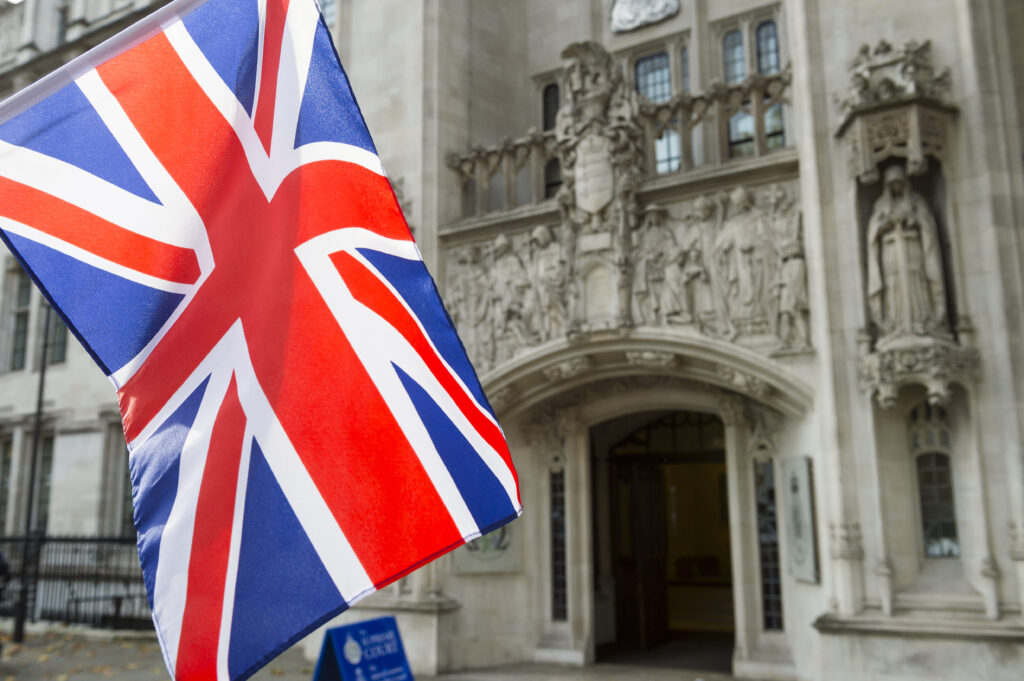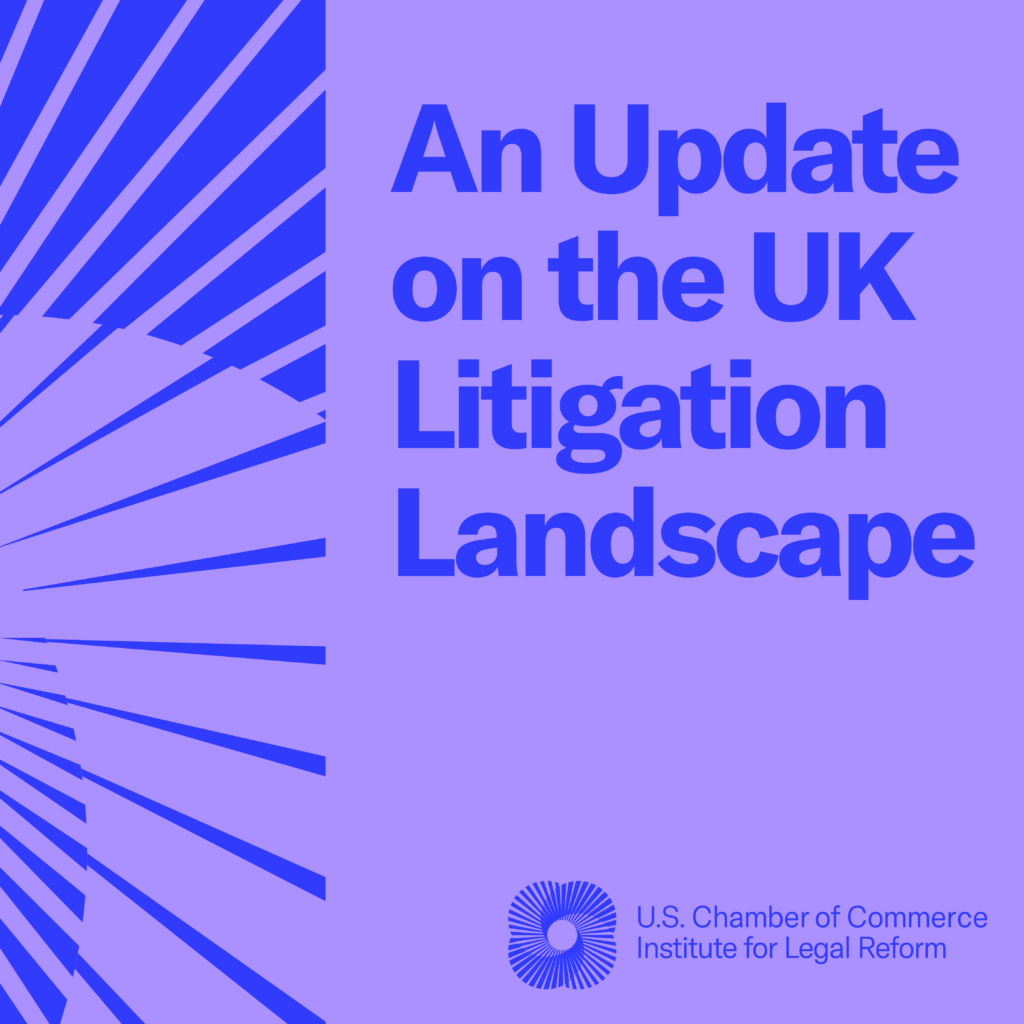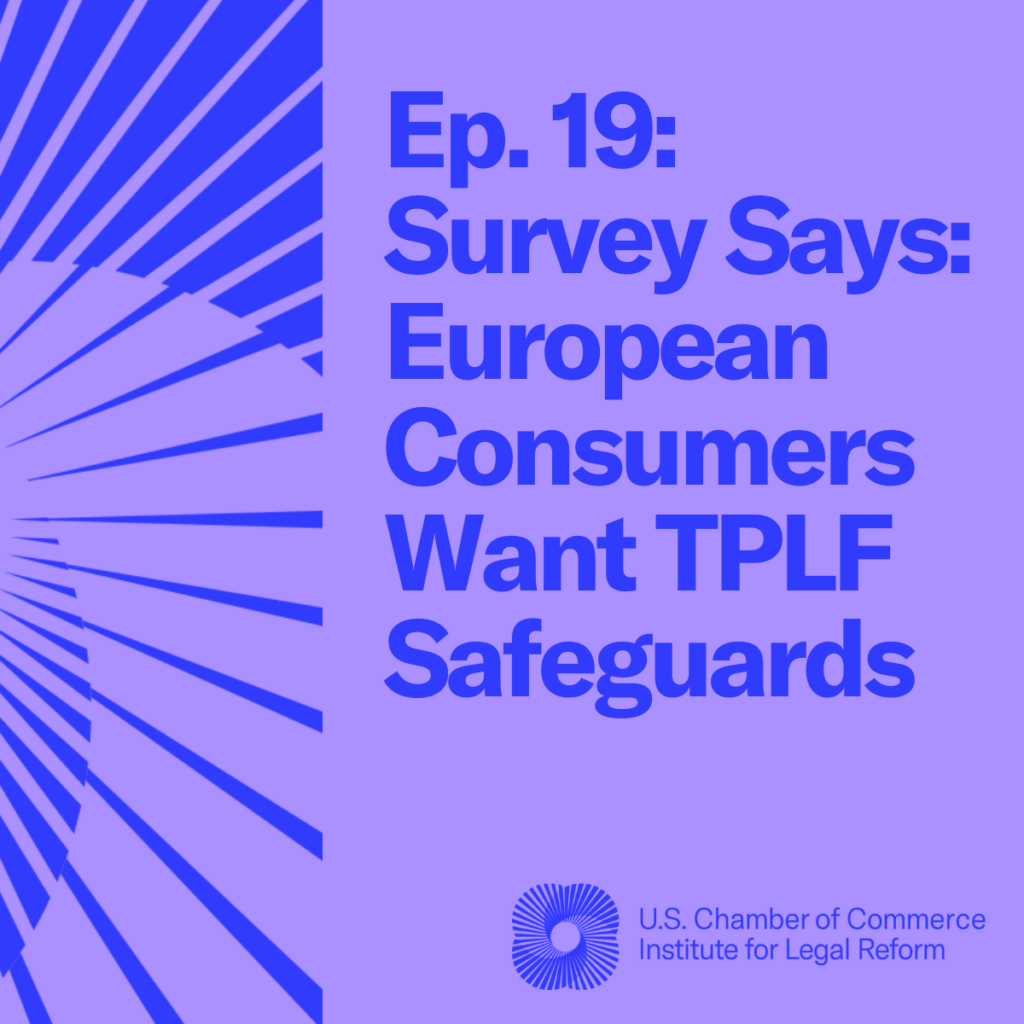The phrase “resident after death” sounds like something out of a Walking Dead edition of House Hunters, but it’s a key question in the biggest collective action lawsuit in the UK’s history.
Merricks v. Mastercard is a sprawling, multibillion-pound case over whether Mastercard overcharged transaction fees between 1992-2008 for about 46 million British consumers. The plaintiffs’ lawyers and the litigation funders stand to make billions of pounds.
An appeals court threw out the case in 2017, but the UK Supreme Court recently brought it back from the dead. Last week, plaintiffs’ lawyers tried a new tactic during a two-day hearing to formally certify this gargantuan class by claiming that about 14 million deceased people should count among the class members.
If you don’t think about it, their logic is simple enough – they claim that upon death, your residency status is fixed. So, according to the plaintiffs’ lawyers, everyone living in the UK at the time of their death should be considered a permanent resident and should be eligible for class membership.
From the litigation funders’ perspective, this is pure gold. In many class actions, the fewer people claim their award, the more money the funder gets. Suppose 14 million deceased people become class members, and most of their families don’t make a claim because they don’t know about this post-mortem litigation. In that case, the funders could get a potentially massive windfall.
This isn’t how the UK civil justice system should work. As counsel for Mastercard told the judge during the hearing, “Residence, in our submission, clearly denotes living somewhere” (our emphasis added). Plaintiffs’ lawyers attempt to inflate their recovery by grafting millions of deceased plaintiffs onto this already massive class should disprove any claim that Merricks v. Mastercard is a serious effort to achieve meaningful redress for consumers.
The UK’s Competition Appeals Tribunal should take a stand and refuse to certify this Frankenstein’s monster of a lawsuit.



